Ultimate Guide For Dental Marketing Strategies in Australia 2024
66% of Internet users have searched online for details about a particular illness or medical issue. 55% of people have checked online for more information about a specific medical treatment or procedure. 47% of people have looked online for details on doctors or other medical specialists. Indeed, prospective patients are using search engines and dental […]
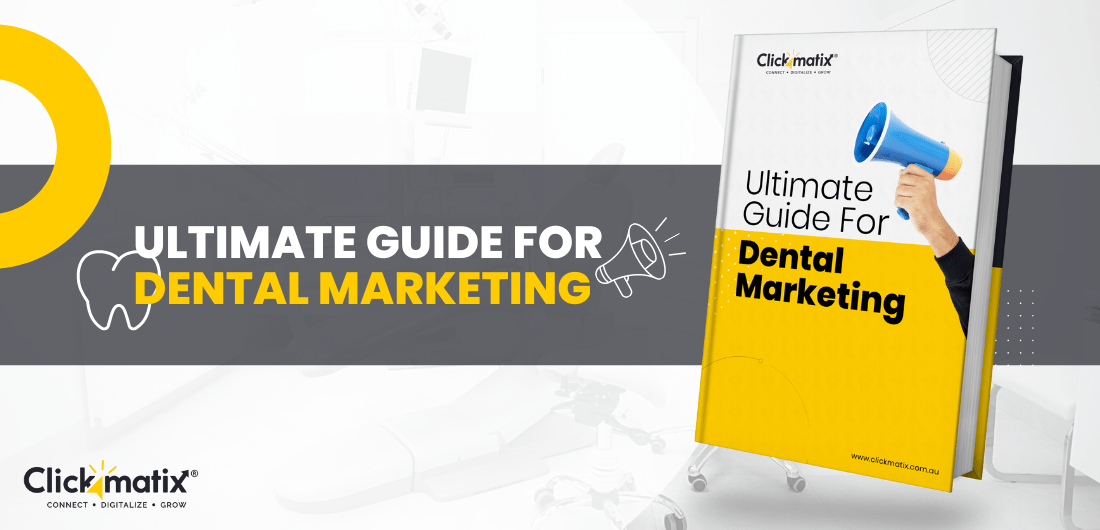
Indeed, prospective patients are using search engines and dental practice websites to determine whether the given dental practice suits their needs. That’s why dentists must appear on the first page of search engines.
Dentists who haven’t kept up with marketing trends may find it challenging to accomplish this. Outdated websites with little content or slow loading speed turn away prospective patients by offering time-worn solutions to current dental problems.
Hence it’s not enough to start a dental practice and assume people will come. If you want your practice to thrive, you need to invest in an effective dental marketing strategy. The right approach can bring in new patients, help retain current patients, and increase revenue.

In this ultimate dental marketing guide, we have covered everything you need to know about how and where to invest your time and money so that your marketing efforts pay off – and you don’t waste time searching for them!
Let’s get started then.
8 benefits of effective online marketing strategy for dentist
Dental marketing is more than just promoting your services; it’s about reaching the patients at the right time with the right message to make them aware of your services and entice them to consult you as their dentist. And turn them into your customers. Here’s how a marketing strategy helps you achieve it.
1. Increase Awareness of Your Practice
Dental marketing allows you to extend your marketing activities beyond your immediate area and increase the number of people unaware of your existence. They will know about your services even if they don’t live nearby. Dental marketing also raises awareness of the different treatments you offer and any particular areas you specialise in, such as orthodontics, dentures, or oral surgery.
2. Show People What You’re About
A marketing strategy includes creating content to post on blogs, social media, newsletters, or special campaigns and events. It shows your dental knowledge and level of expertise. It informs people about your practice and how you can help them get rid of dental issues. For instance, you can write an article on the causes of tooth decay and how your dental practice can be a solution.
3. Keep your Practice at the Forefront of People’s Minds
Prospective patients may not need your service now, but they may think of consulting in the future. This is where they may forget about your dental practice. Marketing keeps your practice in their mind through content, ads, campaigns, and other media, strengthening their subconscious to consider you first. Also, it adds a sense of urgency to make them decide faster.
4. Build Trust and Credibility
Patients who don’t have regular dental checkups are often nervous about visiting the dentist for the first time. Some people are afraid to change their current dentist. A well-planned marketing strategy builds the bridge of trust and credibility, enabling patients to walk to your dental practice with confidence.
5. Grow Your Patient Base
Marketing maintains constant contact with potential and current patients. It makes your practice familiar to the patients. And the more people know about your practice, the more new patients you will attract.
6. Improve Your Reputation
Marketing ensures your patient’s voices are heard through ratings and reviews. At the same time, it addresses negative reviews and keeps them at bay, enhancing your online reputation.
7. Make You Stand Out
Dental marketing differentiates you from other providers. It brings your unique selling points to the table through your brand message, mission, values, past patients’ stories, experience, etc.
8. Increase ROI
Dental marketing targets people who are experiencing dental pain or discomfort. They want an immediate solution and are more likely to visit your dental practice and pay quickly. By attracting such patients, marketing boosts your return on investment.
As you can see, there are many fruits of benefits ranging from dental marketing trees. So it is essential to plan your marketing strategy before your competitors eat all those fruits. Let’s see how to do it.
Creating A Dental Marketing Plan That Will Get You More Patients
Dentists quickly find a digital marketing company to advertise more without knowing where to start. As a result, they’re overwhelmed by different marketing strategies like dental content marketing, social marketing, PPC, etc. But before going there, you need to step back and establish a solid groundwork to keep your marketing strategies focused on key goals and achieve better results in the future.
This step-by-step tutorial will help you develop a strong marketing plan to acquire potential patients.
1. Define Your Objective
Do you want to increase new patient referrals, online presence, or website traffic? Whatever objectives you decide on, you must be specific. Instead of just wanting more patients, decide on how many new patients you want to see. Instead of wanting to increase website traffic, decide on how many new website visitors you want each month.
You can use a SMART goal to determine your objective. SMART stands for Specific, Measurable, Achievable, Realistic, and Timely. A SMART goal fulfills all criteria to aim your efforts and increase the odds of achieving your goals.

2. Analyse Your Competitors
Do you know how fast your competitors are growing? How much do they charge for the similar treatments you offer? What kind of customer service do they provide? Where do they succeed and fail? And how does your practice compare to theirs? You may not know that they could be giving Uber rides as a part of their customer experience policy.
A competitor analysis will identify where your practice stands in the market compared to others. You’ll see what makes your practice unique. It will also highlight current opportunities for services that you can offer, but other practices don’t. You can use this data to fine-tune your unique selling points.
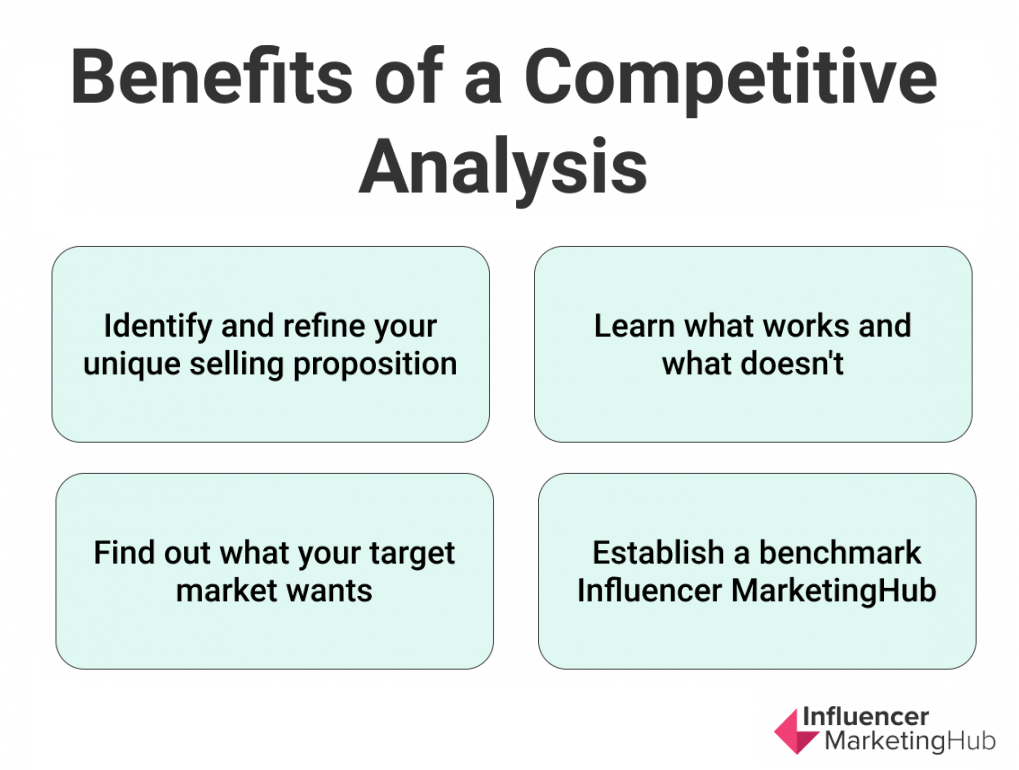 Source: Influencer MarketingHub
Source: Influencer MarketingHub
3. Understand Your Customers
Knowing customers is the key to offering them good service and building strong customer relationships. It pours new sales through positive word-of-mouth recommendations.
However, understanding the customers’ psyche requires a thorough analysis of the type of content they consume and what websites they frequent. It helps you choose the best marketing strategies to reach your audience. Also, it keeps you updated with changing trends and preferences to prepare you for future challenges.
What holds further is to answer a few questions to understand your customers better.
- What type of content do they consume?
- What websites or social media pages do they frequent?
- What resources do they use?
- Do they rely on dental blogs, magazines, or newsletters?
- How do they consume information?
- Do they prefer to read or listen?
- Do they watch videos?
- Or do they enjoy a combination of all three?
Read, comprehend, and answer them to engage with the customers effectively and ultimately sell more.
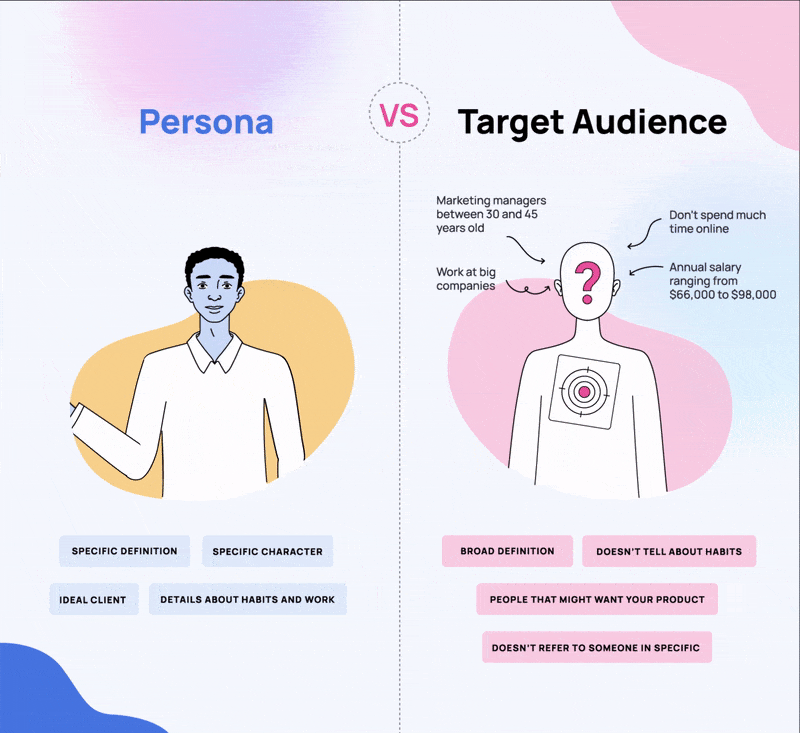
4. Create a Patient Persona
When creating your marketing plan, you want your dental practice to be the solution to your ideal patients’ problems. It’s possible only when you build a patient persona (a.k.a. a buyer persona).
According to HubSpot, a buyer Persona is a semi-fictional representation of your ideal customers.
Here’s what it looks like:
In many ways, personas are similar to user profiles. Both describe a particular type of user. However, personas take things one step further: they actively represent the users you want to attract.
Buyer personas help you anticipate your customers’ needs and exceed their expectations. They help you decide how to market your dental practice to these potential patients.
You can use the template to design your patient persona.
And here we come to an end. Once your dental marketing plan is ready, start constructing your dental brand.

Building a Dental Brand for Maximum Success
Dental branding is the process of creating a unique identity for your dental practice. This may involve developing a distinctive logo, choosing an appropriate colour scheme, and creating a tagline or slogan that captures the essence of your practice. Branding can also include building a unique approach to patient care, such as offering extended hours or same-day appointments.
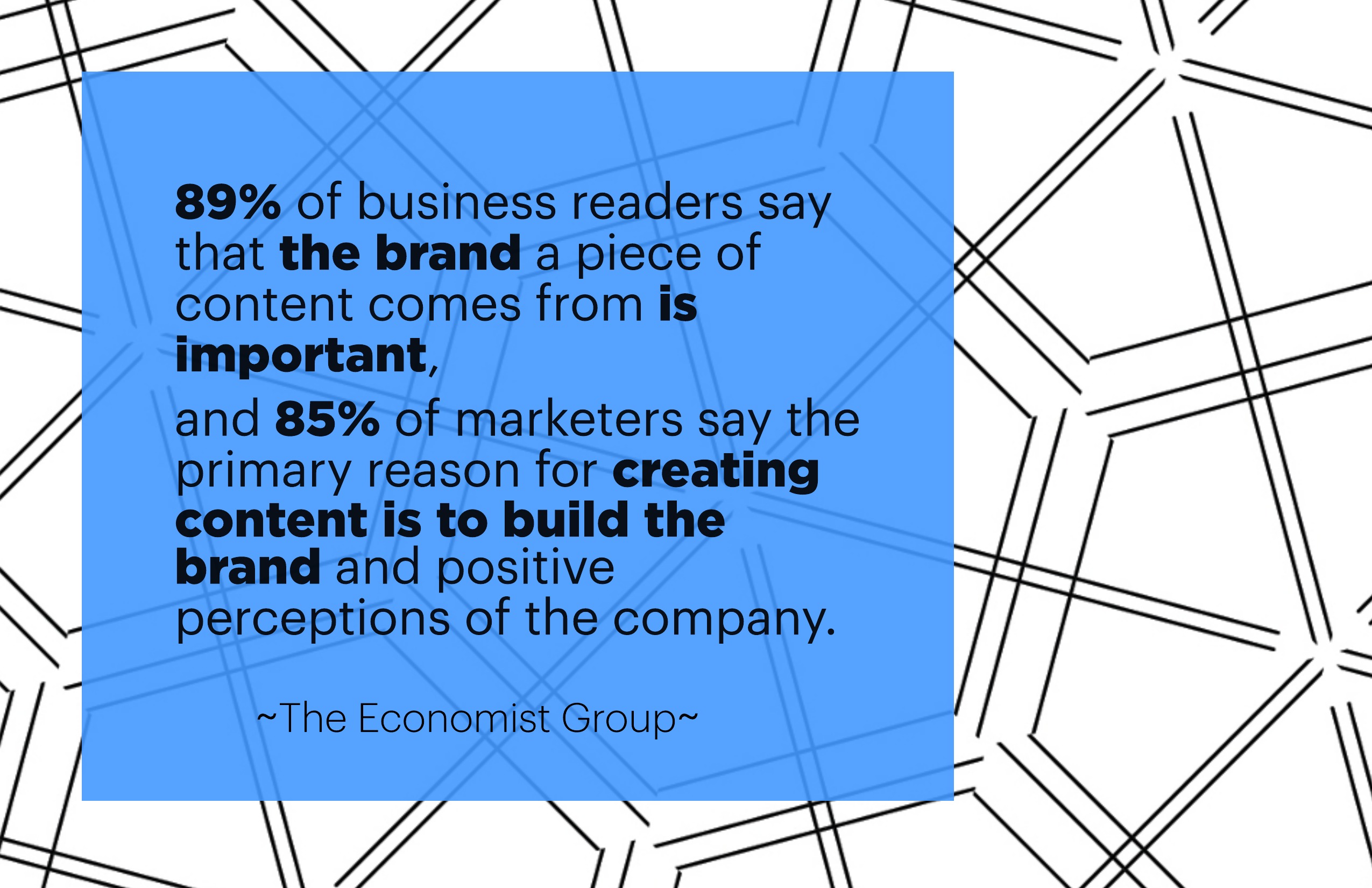
By creating a solid brand identity, dental practices can differentiate themselves from competitors and attract new patients.
So how will you create a strong brand for your dental practice?
Here are four tips:
1. Develop a unique selling proposition (USP)
What makes your dental practice different from other practices in your area? Do you offer extended hours, use the latest technology, or have any unique approach to patient care? For instance, providing gentle, kid-friendly care might be your USP if you’re a family dentist. By showing your USPs, you will assist prospective patients in making your dental the obvious choice among other providers.
2. Tell your brand story
People love stories. Why not tell yours? Share the story of how your dental practice came to be, what drives you to provide outstanding care, and what sets you apart from other practices. Let’s say you had dental issues in childhood because of poor oral care, and now you are passionate about helping people achieve optimum oral health.
3. Create brand guidelines
If you want your patients to recall your brand easily, putting together some brand guidelines is essential. It includes everything from your logo and slogan to the colours and fonts you use on your website and marketing.

Here’s a template to help you design brand guidelines.
Or you can hire an experienced digital marketing agency to create appealing brand guidelines.
4. Identify your tone of voice
How do you want to talk with your patients? Do you want to be friendly and approachable or more formal and professional? For instance, if you’re targeting families, you might want to use a more casual, conversational tone. Your tone of voice should be consistent across all of your communications, from how you answer the phone to how you greet patients in your office. It helps you create a cohesive brand experience that patients will remember.
Now you are ready to craft a unique brand and make your practice stand out. Let’s choose some strategies for your dental practice.
Most Effective Digital Marketing Tactics for Dental Practices
Dentists must find ways to market their services online to keep attracting new patients and retaining existing ones. After all, patients are increasingly using the internet to research dental care options and find providers. Keep reading to learn some of the vital marketing strategies you need to promote your dental practice!
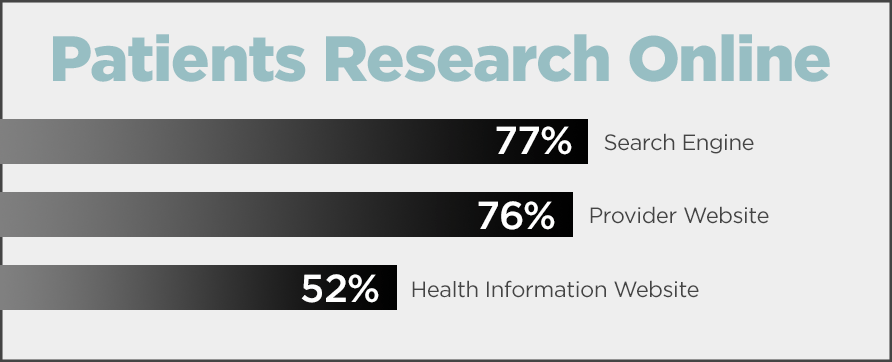
1. Patient Referral Marketing
Patient referral marketing encourages patients to refer new patients to your practice. It’s like word-of-mouth marketing to help you build your patient base and save money on marketing costs.
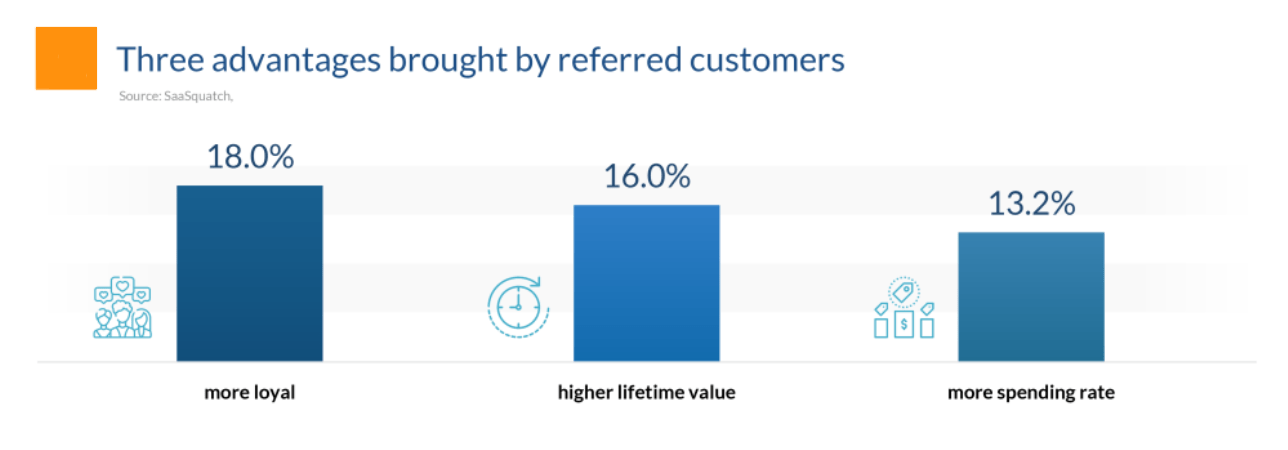
Here are a few tips to boost patient referrals:
- First, ensure your patients are happy with their experience at your practice.
- Second, offer incentives for patient referrals, such as discounts or freebies.
- Finally, make it easy for patients to refer their friends and family by providing referral cards or business cards.

2. Dental Website Design
Your website leaves a first impression on your prospective patients. Make sure it reflects the quality of your care and entices patients to schedule an appointment.
Here are a few things to keep in mind when designing your dental website:
- Use high-quality images: Patients want to see what your practice looks like before they book an appointment. Use bright, clear photos of your office, staff, and past clients to give potential patients a glimpse of what it’s like to visit your practice.
- Include patient testimonials: Patient testimonials are a great way to build trust and reputation among your potential patients. Include a few patient testimonials on your website, along with the patient’s name and photo
- Make it easy to book appointments: Include your practice’s contact information on every page of your website. Patients must easily find their phone number, address, and email address. You can also include an appointment booking form on your website so that patients can quickly schedule their next visit.
- Highlight your unique selling point: Whether it’s your experience, use of technology, or patient-centred approach, highlight your unique selling point on your website. This will set you apart from other practices.
- Focus on patient’s pain points: Patients want to know how you understand their needs and can provide the care they’re looking for. Address common patients’ pain points on your website, such as fear of the dentist, financing options, and scheduling flexibility.
3. Dental SEO
Dental SEO helps your website rank higher in search engine results pages (SERPs), making it more visible to potential patients. Dental SEO can be a complex and time-consuming process, but it’s worth it if you want to reach more high-quality patients to your website, resulting in more phone calls and online bookings. Source: hubspot.com Here’s a brief guide to effective SEO for dental offices.
Source: hubspot.com Here’s a brief guide to effective SEO for dental offices.
- Optimise your website for local search: When someone searches for a “dentist near me,” they will likely see results for nearby practices. Local SEO is vital for any dental practice that wants to be found online by neighbourhood patients. To optimise your website for local search, add your contact info on Google My Business, and include your practice’s name, address, and phone number on every page of your website. You can also add local keywords to your website to help you rank higher in local search results.
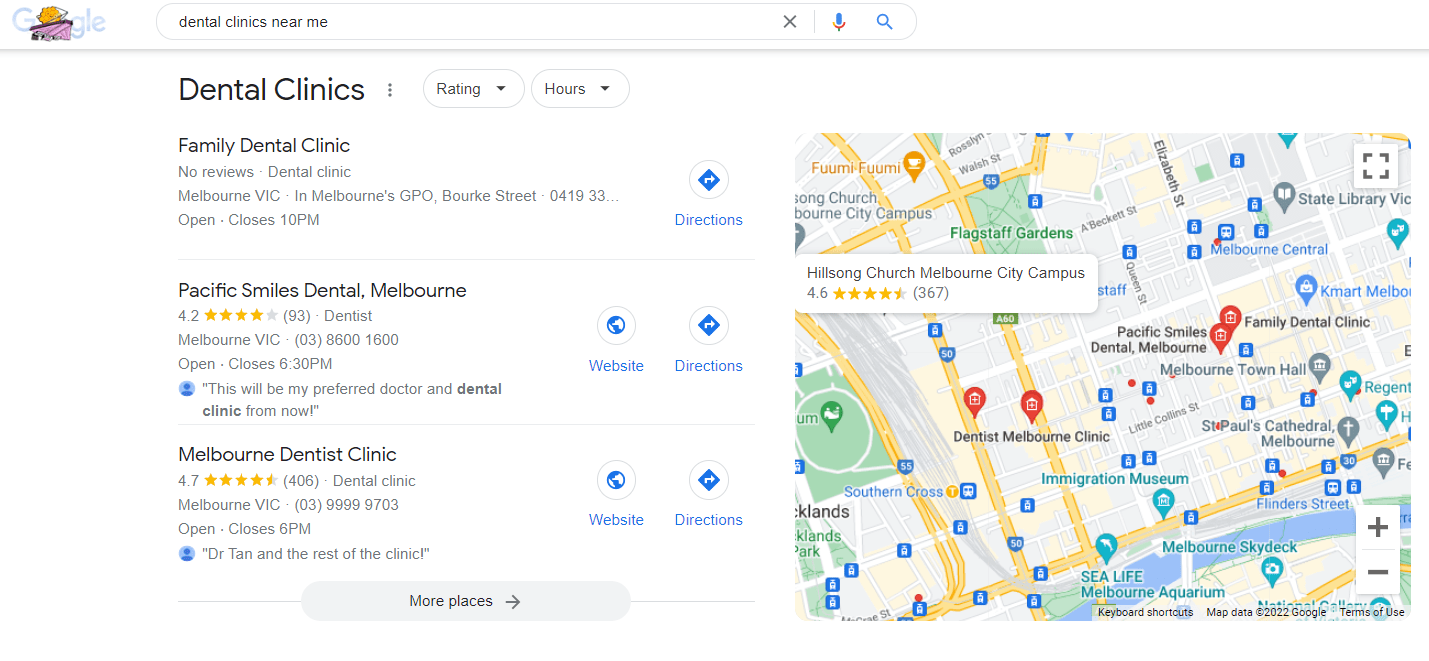
- Improve your website’s speed and usability: A fast, user-friendly website is essential for dental SEO. If your website takes 3 seconds or more to load, potential patients will click away before they even get to see what you offer. To improve your website’s speed, ensure your images are optimised for the web and compress your HTML, CSS, and JavaScript files. You can also use caching plugins like WP Rocket to speed up your website. Plus, your website must be easy to use if you want to rank high in search results. It should be responsive (can be accessed from any device) and easy to navigate.
- Publish high-quality content: Dental SEO is all about providing potential patients with the information they’re looking for. That means your website should be packed with high-quality, valuable content. You should write informative and problem-solving content relevant to your target audience. You can also create different forms of content like videos, infographics, and photos for your website.
- Build links to your website: Link building is getting other websites to link to your website and boost its SEO performance. To build links for your website, you can add your website to online directories, create informative blog posts, write guest posts, and list your practice in local business directories.
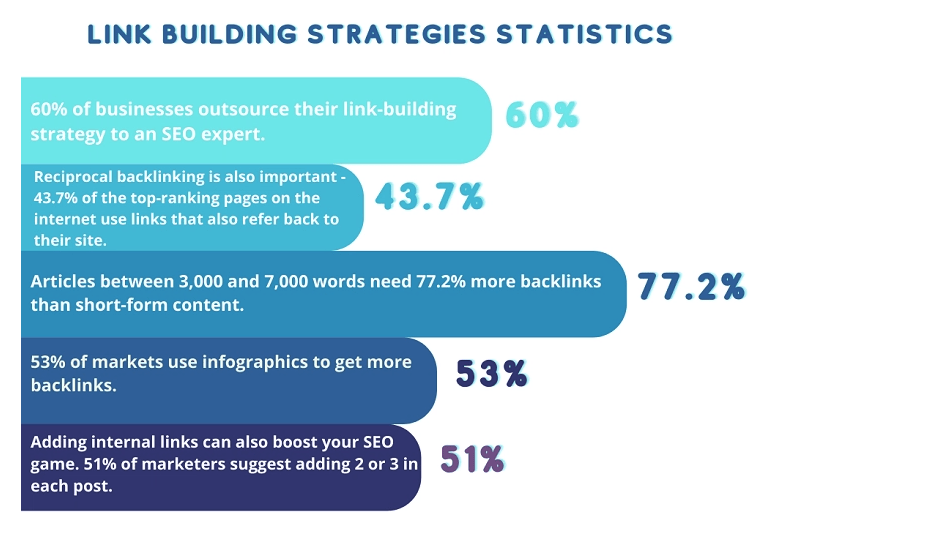
- Monitor your progress: Dental SEO is an ongoing process, and monitoring your progress is essential to see what’s working and what isn’t. You can use Google Analytics to analyse your website’s traffic and see how users are finding your website. You can also use a keyword tracking tool like Ahrefs to see how your website ranks for certain keywords.
Now you know why SEO is crucial for dental offices and what it entails in practice. However, while understanding the fundamentals of search engine optimisation is one thing, implementing it is another. If you’re a newbie to SEO, you can always hire an SEO agency.
4. Social Media Marketing for dental practice
Marketing your practice on social media may be somewhat different from other sectors since you’re not only promoting your brand or product but also the significance of dental care and healthy teeth in general. For instance, a post about the importance of flossing isn’t likely to go viral on Twitter. It is, however, an excellent way to show your dental care authority to your followers. And while you’re at it, don’t forget to post photos and videos of your smiling patients! It builds trust and credibility with potential and current patients.
Here are a few tips for dental social media marketing:
- Choose your ideal social media channels: The first step in social media marketing is choosing which channels you will use. The most popular social media platforms for dental practices are Facebook, Twitter, and Instagram. Pick the channels that will work best for your practice based on your target audience and goals.
- Use visuals: Visuals like before and after photos, infographics, and videos are more engaging and capture instant attention.
- Create share-worthy content: Share content that makes users stop while scrolling through social media channels. For instance, you could share blog posts about oral health tips or infographics about the different types of dental procedures.
- Be consistent: Post regularly and stick to a schedule. Consistency in social media marketing keeps your audience engaged and curious about what you have to say.
- Respond to comments and questions: Respond on time when someone leaves a comment or asks a question on your social media post. It shows you’re active and caring for your audience and also helps build trust.
With social media marketing, you will prove why the audience can trust you. As a result, you’ll look forward to an army of happy patients who no longer dread going to the dentist.
5. Email Marketing
Email marketing is one of the most effective ways to stay in touch with your patients and build relationships. Email allows you to send timely, relevant information directly to your patients, and it’s a great way to keep them updated on the latest news from your practice.
There are a few things to keep in mind when you’re using email marketing for your dental practice:
- Personalise your emails: Personalising emails, like adding a patient’s name in the subject line or the body of the email, make your patients feel like you personally care for them.
- Keep your emails relevant: Email marketing is most effective when the content is relevant to your patients. For instance, you wouldn’t want to send an email about a new dental procedure to patients who don’t have dental insurance. You’re more likely to engage your patients when you send relevant emails.
- Use a call to action: Every email should have a call to action, such as “schedule an appointment” or “learn more about oral health.” It ensures your email marketing is generating results.
Drafting an effective dental email marketing campaign can be daunting at first. After all, it’s far more than writing and clicking the “send” button. The primary objective is to get your emails opened, read, clicked, and converted into visits to your dental office.
6. Dental PPC
PPC, or pay-per-click, is a form of online advertising in which businesses or marketers place ads on platforms like Google, Facebook, etc. People view these ads, click through to your website, and complete an action like contacting the practice, scheduling a consultation, or booking an appointment.

PPC allows you to target patients who are actively searching for dental services. It takes your ads to the top of Google, generates instant leads, and grows your practice.
The most important thing to take care of in a PPC campaign is to write compelling ad copy. You need to use persuasive language to capture the attention of your audience. For instance, you could use a call to action like “Book an appointment today!” or “Get the smile you’ve always wanted.”
Google ads for dentists might be a highly effective tool in your digital marketing arsenal. When an expert runs the PPC campaign, a modest investment can generate a significant return in a short period. If you believe your hands are up to the task, make sure it will take time and effort. If you decide focusing on dentistry is best, a competent digital dental marketing firm can do the heavy lifting for you.
7. Content Marketing startegy for denstist
Content marketing is about creating online assets and sharing them on platforms like blogs, videos, and social media posts. It does not explicitly promote a brand but stimulates interest in your products or services.
A few effective content marketing strategies for dentists are:
- Start a blog. A blog is an excellent platform for sharing helpful dental tips, promoting special offers, and highlighting recent news from your practice. Plus, blogging shows your experience and builds rapport with potential patients.
- Create useful dental resources. Dental patients are always looking for helpful information about oral health care. By creating valuable guides, infographics, and other resources, you can position yourself as a trusted authority in the dental field.
- Shoot videos. You can showcase your practice, introduce patients to your staff, and provide helpful dental tips through videos. You can also upload them on your website, YouTube, and social media sites. If you’re creating your first piece of content, it may seem like a back-breaking task. However, with the proper planning and time invested, you’ll be able to improve your skills.
Consult a digital marketing firm if you need assistance crafting a successful dental content campaign.
8. Dental Reviews
According to BrightLocal.com, 98% of potential consumers read online reviews for local businesses.
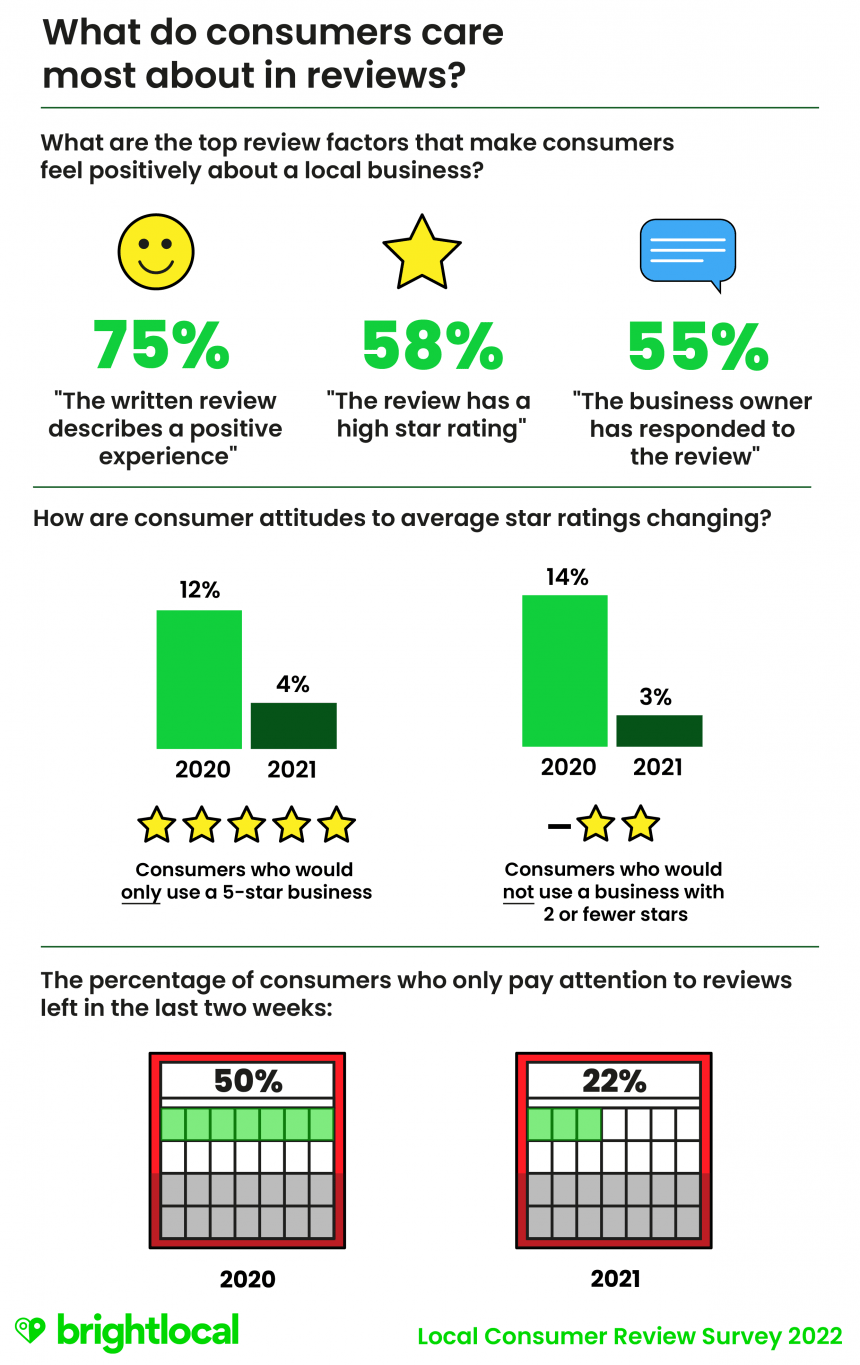
When patients visit your site, they want to find out what others think of you and whether or not other people have benefitted from your services. They’ll be more inclined to become a patient if they read favourable reviews about you on Google and elsewhere online. Positive feedback will also help minimise the impact of negative ones.
There are many ways to request reviews from patients, like adding a link in your dental website’s footer, sending an email or text message to patients after their appointment, offering rewards (e.g. discount) in exchange for reviews, or placing a sign-in in your office.
9. Event Marketing for Dental Practice
Event marketing is the process of using events to promote your dental practice. You will interact with potential patients in person, build trust, and boost brand awareness. Also, it’s an excellent opportunity to offer special promotions or discounts on dental services.
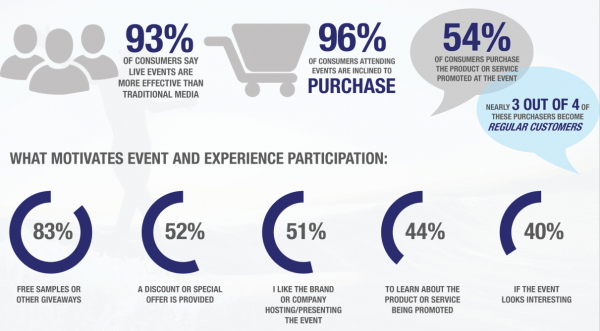
Some common types of events for dental practices are health fairs, community events, and educational seminars.
When planning an event, choose a convenient location for potential patients, such as a health community center. You need to promote your event through social media, email marketing, or by distributing flyers in the community to make people aware of it.
10. Remarketing ads
Remarketing ads allow you to reach out to users who have visited your website but left without contacting you or scheduling an appointment.
For example, if a patient left after visiting your teeth whitening service page, you could use remarketing to show them ads for the same with special discounts.
You can reconnect with those potential patients and re-engage them with your dental practice.
With remarketing ads, you’ll only advertise to those who have come to your website. As a result, your clicks will narrow down to specific patients, your ad money will reduce, and your ROI will improve.
We’re now at the end of cutting-edge dental marketing techniques. The ten approaches described above are critical to gaining online leads and patients. You’ll be ahead of the game if you apply even a few of these ideas and methods.
But how will you know which tactics are underperforming to make changes as needed? Which of your campaigns are generating desired results so that you can expand them?
This is where tracking comes to the rescue.
Track and Measure Your Dental Marketing Efforts to Improve ROI
Tracking and measuring your dental marketing efforts is essential to improving your ROI. You can track KPIs like website traffic, leads, and conversions to see which of your marketing campaigns are delivering results and which ones need improvement. You will find all the KPIs in your Google Analytics account.
You can also A/B test different dental marketing strategies to see which ones produce the best results.
In conclusion, get set to optimise your marketing efforts, improve customer service, and increase conversion rates with tracking and analysis.
Working with Dental Digital Marketing Agency
All this talk about digital marketing tactics, KPIs, and ROI might sound overwhelming. For pain-free dental marketing, you can hire an agency to take over the game plan for you.
Digital marketing agencies can be a great asset to your dental practice. They can handle all aspects of marketing, from tactics to successful campaigns to tracking and improvement. They will also provide valuable feedback and insights to help you improve your marketing efforts. This can take a load off your shoulders, freeing up time to focus on other aspects of your dental practice.
Wrapping Up
Digital marketing is critical for any business, but it is essential for dental practices. With this dental marketing guide, you can reach more potential patients, provide better customer service, and increase conversion rates. If it’s too much for you, don’t worry! You can always hire a digital marketing agency.
Faqs
Why should I hire a dental marketing agency?
- Expertise and Experience: A dental marketing agency has specialised knowledge and experience in marketing dental practices, ensuring effective strategies and campaigns.
- Time-saving: Hiring a marketing agency allows you to focus on patient care while experts handle your marketing efforts.
- Comprehensive Services: Agencies offer a range of services, from website design and SEO to social media management and PPC campaigns.
- Improved ROI: Professional agencies track and measure marketing performance, optimising campaigns to ensure a higher return on investment.
How much should a dental practice spend on marketing?
Marketing Budget: The actual amount will vary based on the size of the practice, location, and marketing goals. It's important to divide enough funds to cover a variety of marketing activities, including digital marketing, print ads, and events.
How do I choose a dental Google Ads agency?
- Experience with Dental Practices: Look for agencies with a proven track record of running successful Google Ads campaigns for dental practices.
- Transparency and Communication: Choose an agency that provides clear communication, regular updates, and detailed reports on campaign performance.
- Custom Strategies: Ensure the agency can create tailored strategies that align with your specific goals and target audience.
- Client Testimonials and Case Studies: Review testimonials and case studies from previous clients to gauge the agency's effectiveness and reliability.
Contents
8 Benefits of Effective Dental Marketing
1. Increase Awareness of Your Practice
2. Show People What You’re About
3. Keep your Practice at the Forefront of People’s Minds
4. Build Trust and Credibility
5. Grow Your Patient Base
6. Improve Your Reputation
7. Make You Stand Out
8. Increase ROI
10 Creating A Dental Marketing Plan That Will Get You More Patients
Get weekly insights for revenue-shifting results
1. Define Your Objective
2. Analyse Your Competitors
3. Understand Your Customers
4. Create a Patient Persona
Building a Dental Brand for Maximum Success
1. Develop a unique selling proposition (USP)
2. Tell your brand story
3. Create brand guidelines
4. Identify your tone of voice
Most Effective Digital Marketing Tactics for Dental Practices
1. Patient Referral Marketing
2. Dental Website Design
3. Dental SEO
4. Social Media Marketing
5. Email Marketing
6. Dental PPC
7. Content Marketing
8. Dental Reviews
9. Event Marketing for Dental Practice
10. Remarketing ads
Track and Measure Your Dental Marketing Efforts to Improve ROI
Working with Digital Marketing Agency
Wrapping Up

What's Your Reaction?

















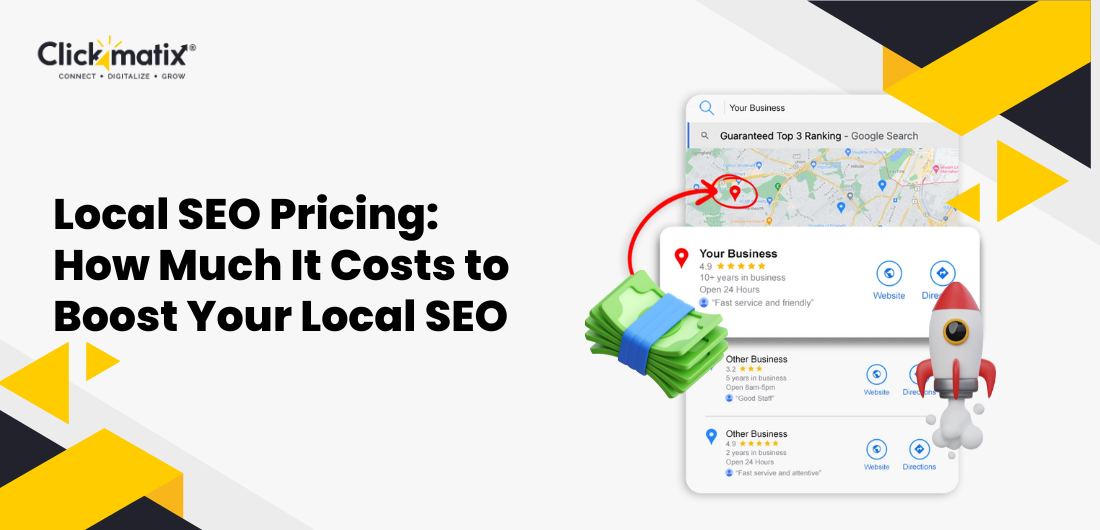





















.png)












































